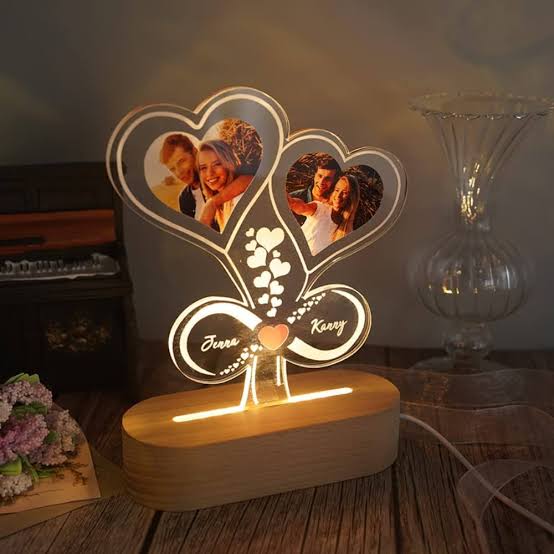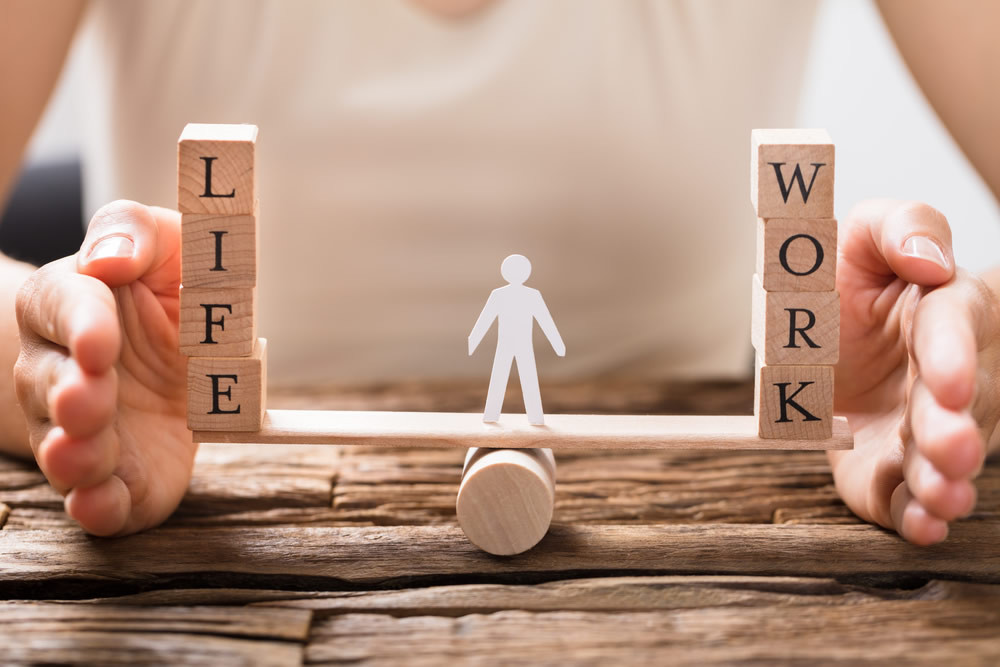
Love can be beautiful, but what happens when the butterflies fade and you’re left wondering, “Am I truly happy or just comfortable?” This is a question many people struggle with in long-term relationships.
Often, we confuse stability with satisfaction, thinking that longevity automatically equals fulfillment. But the harsh truth is this: many people settle in relationships without even realizing it.
If you’re reading this, chances are you’re questioning things—and that’s a good sign. This guide is here to help you recognize the key signs you might be settling and, most importantly, how to reignite the spark and bring your relationship back to life.
What Does “Settling” in a Relationship Mean?
Settling doesn’t necessarily mean being in a bad relationship. Sometimes, it simply means being in a relationship that lacks the depth, excitement, or mutual growth you truly desire. It’s like eating plain rice every day—not because you love it, but because it’s familiar and fills you up.
In a healthy relationship, both partners should feel valued, supported, and genuinely fulfilled—not just emotionally fed but emotionally nourished.
Top 10 Signs You’re Settling in a Relationship
1. You Feel More Lonely With Them Than Without
Loneliness in a relationship is a red flag. If you feel unheard, unimportant, or emotionally disconnected—even when you’re with your partner—it could mean you’re settling for less than you deserve.
2. You Constantly Daydream About “What Ifs”
If you frequently imagine a life with someone else or wonder what it would be like to be single again, it’s a sign your heart isn’t entirely in it.
3. You Compromise Core Values
A relationship involves compromise, but not when it comes to your core beliefs, values, or future goals. If you’re constantly bending to fit into their world while ignoring your own needs, that’s not growth—it’s self-abandonment.
4. Your Friends and Family Have Noticed
Sometimes, others can see what we don’t want to admit. If people you trust are expressing concern or telling you that you seem “different,” it’s worth listening.
5. You’re More Invested Than They Are
Are you always the one planning date nights, fixing conflicts, or putting in the effort? One-sided relationships are emotionally exhausting and a clear indicator you’re settling.
6. You Stay Because of Time, Not Love
If your biggest reason for staying is, “We’ve been together for years,” it’s time to reassess. Time invested doesn’t guarantee a return on emotional fulfillment.
7. Your Intimacy Has Flatlined
A healthy relationship includes physical and emotional intimacy. If you’re more like roommates than lovers and you don’t even miss the closeness, that’s a major sign.
8. You Feel Trapped, Not Committed
Commitment should feel secure and exciting—not like a cage. If you feel stuck, it’s time to explore why.
9. You Hide Your True Self
Do you feel like you can’t fully be yourself around them? Do you censor your thoughts, hobbies, or personality traits to keep the peace? That’s not love—that’s settling.
10. You No Longer Envision a Shared Future
When you picture your future, does your partner fit in? Or are they just…there? A blurry or absent vision of a shared future suggests emotional disconnection.
Why People Settle (Even When They Know Better)
Understanding why we settle is just as important as identifying the signs. Here are a few common reasons:
- Fear of being alone: Many people fear loneliness more than they fear emotional dissatisfaction.
- Social pressure: Society often glorifies relationships and stigmatizes singleness.
- Low self-worth: If you don’t believe you deserve better, you’re more likely to stay where you are.
- Familiarity feels safe: We stick with what we know—even if it’s not fulfilling.
- Hope they’ll change: Waiting for someone to change often leads to prolonged disappointment.
How to Reenergize a Relationship That’s Lost Its Spark
Just because you’re settling now doesn’t mean things can’t change. Relationships can be reignited—if both people are willing to put in the work.
1. Have a Raw, Honest Conversation
Open communication is step one. Sit down with your partner and talk about how you’ve been feeling. Focus on expressing yourself without blaming or accusing.
Example:
“Lately, I’ve been feeling disconnected. I miss how we used to talk and laugh together. I’d love to work on getting that back.”
2. Revisit the Beginning
Go back to the basics—what brought you together? Reminisce about your first dates, funny stories, and things you loved about each other. Rebuilding emotional intimacy starts with reconnecting on a personal level.
3. Set Relationship Goals Together
Sit down and set short-term and long-term relationship goals. This could be anything from:
- Scheduling weekly date nights
- Improving physical intimacy
- Building better communication habits
4. Inject New Energy
Try new things together—travel, dance classes, a new Netflix genre, or even a couple’s hobby. Breaking routine brings new energy into the relationship.
5. Work on Yourself
Sometimes, we expect our partners to fulfill us in ways we haven’t yet fulfilled ourselves. Investing in your personal growth—emotionally, mentally, or physically—can boost your self-esteem and reignite attraction.
6. Seek Couple’s Therapy
There’s no shame in asking for help. A professional can offer a neutral space to work through deeper issues and patterns that may be draining your connection.
When to Walk Away
Reenergizing is possible, but only when both partners are committed. If you’re the only one trying, or if the relationship is causing emotional damage, it might be time to let go.
Ask yourself:
- Am I growing or shrinking in this relationship?
- Am I genuinely happy, or just afraid of starting over?
- Would I advise a friend to stay in the same situation?
Walking away doesn’t mean failure. It means choosing yourself, your peace, and your future.
Final Thoughts
Settling in a relationship isn’t always obvious—it sneaks in subtly, wrapped in routines and “comfort zones.” But you deserve a relationship where you’re seen, heard, loved, and celebrated. If your gut is whispering that something’s off, don’t ignore it.
Take a step back, evaluate honestly, and ask yourself the hard questions. And remember, whether you decide to reignite the fire or walk away, you’re taking a bold step toward a more fulfilling life.





